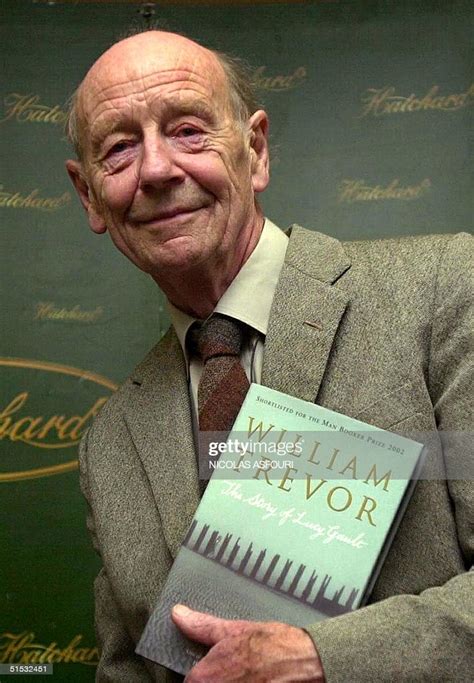A Quote by Ai Weiwei
The deadly weapon against totalitarian society is openness - doing everything very openly on the Internet, letting people know every detail, any little development. Once it is out there, everybody can make their own judgement. [Therefore] holding a trial outside the court. I think that is fairness, that is justice, that is a civil society. Otherwise call it an evil society because everything is hidden.
Quote Topics
Related Quotes
[T]here are, at bottom, basically two ways to order social affairs, Coercively, through the mechanisms of the state - what we can call political society. And voluntarily, through the private interaction of individuals and associations - what we can call civil society. ... In a civil society, you make the decision. In a political society, someone else does. ... Civil society is based on reason, eloquence, and persuasion, which is to say voluntarism. Political society, on the other hand, is based on force.
Before any man can be considered as a member of Civil Society, he must be considered as a subject of the Governour of the Universe: And if a member of Civil Society, do it with a saving of his allegiance to the Universal Sovereign. We maintain therefore that in matters of Religion, no man's right is abridged by the institution of Civil Society and that Religion is wholly exempt from its cognizance.
What I call middle-class society is any society that becomes rigidified in predetermined forms, forbidding all evolution, all gains, all progress, all discovery. I call middle-class a closed society in which life has no taste, in which the air is tainted, in which ideas and men are corrupt. And I think that a man who takes a stand against this death is in a sense a revolutionary.
Putting aside all the things that are said about Hillary [Clinton], my main difference with her is on the vision of what kind of society will make people's lives better. So this is a vision of society in which people are too evil or stupid to run their own lives, but those in power are perfectly capable of running everybody else's lives because they're so much smarter.
As a writer one doesn’t belong anywhere. Fiction writers, I think, are even more outside the pale, necessarily on the edge of society. Because society and people are our meat, one really doesn’t belong in the midst of society. The great challenge in writing is always to find the universal in the local, the parochial. And to do that, one needs distance.
Student loans are destroying the imagination of youth. If there’s a way of a society committing mass suicide, what better way than to take all the youngest, most energetic, creative, joyous people in your society and saddle them with, like $50,000 of debt so they have to be slaves? There goes your music. There goes your culture. There goes everything new that would pop out. And in a way, this is what’s happened to our society. We’re a society that has lost any ability to incorporate the interesting, creative and eccentric people.
Each of us has interests which conflict the interests of everybody else... 'everybody else' we call 'society'. It's a powerful opponent and it always wins. Oh, here and there an individual prevails for a while and gets what he wants. Sometimes he storms the culture of a society and changes it to his own advantage. But society wins in the long run, for it has the advantage of numbers and of age.
Think of civil society and the state as joined in a marriage of necessity. You already know who the wife is, the one who is supposed to love, cherish and obey: that's civil society. Think of the state as the domineering husband who expects to have a monopoly on power, on violence, on planning and policymaking.
We cannot create blueprint for future society, but it is good to think about that. It is good to have in mind a goal. It is constructive, it is helpful, it is healthy, to think about what future society might be like, because then it guides you somewhat what you are doing today, but only so long as this discussions about future society don't become obstacles to working towards this future society. Otherwise you can spend discussing this utopian possibility versus that utopian possibility, and in the mean time you are not acting in a way that would bring you closer to that.







































